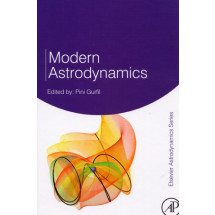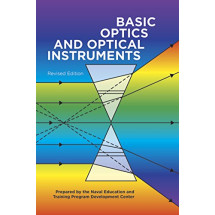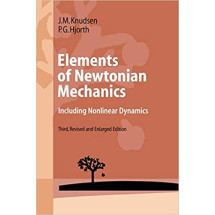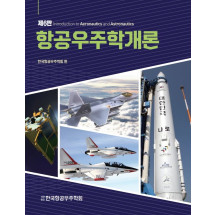An overview of "Promiscuity'
This is a book about reproduction. It explores the ways in which the two components of Darwin's concept of sexual selection - competition between males and choice by females - operate after insemination has taken place. Post-copulatory sexual selection, as it is called, consists of competition between males to fertilise females' eggs (sperm competition) and choice of different males' sperm by females (sperm choice). These are, by definition, processes which can occur only if females are inseminated by more than one male during a single reproductive cycle. Generations of reproductive biologists assumed females to be sexually monogamous but it is now apparent that this is wrong. The recent recognition that females often copulate with several different males, together with the realisation that in an evolutionary sense all organisms are basically selfish, has revolutionised our view of reproduction.
The traditional view of reproduction was summed up by the writer Gerald Brenan: 'Since copulation is the most important act in the lives of living creatures because it perpetuates the species, it seems odd that Nature should not have arranged for it to happen more simply.'
Obviously Brenan is correct in recognising the fundamental necessity of copulation in reproduction, but his 'puzzlement' over the lack of ease with which occurs, rests on the erroneous assumption that reproduction is a cooperative venture between males and females and that as such it serves to perpetuate the species. Although Brenan's comment is based on his own experience, it nevertheless identifies an important general point; that there often exists a conflict of interest between males and females over copulation. It is no longer meaningful to consider reproduction, whether it involves copulation, or simply the release of gametes into the sea, as a collaboration between the sexes. More accurately, it is a potent mix of competition between males, and choice by females, which together generate sexual conflict. The most dramatic demonstration that reproduction occurs neither for the good of the species nor as a mutually beneficial interaction between males and females is the recent finding that, as consequence of female promiscuity, males often inflict damage on females in their competition to fertilise their eggs and females sometimes inflict damage on males in the process of using the sperm of one male in preference to those of another. In some organisms the semen which males inseminate into females contains substances which on entering the female's blood stream affect her brain and cause her to behave in a way that increase the male's reproductive success but at the same time reduces the female's lifespan. In yet other instances, females encourage males to copulate with them simply in order to digest their semen, and by so doing enhance their own reproductive output. Sexual reproduction is anything but cooperative.
The scientific study of reproduction, particularly the physiology of reproduction, is relatively recent compared with that of other important body systems. One reason for this delay is the association between reproduction and sexuality, and the fact that for a long time reproductive biology was not considered a respectable topic for scientific enquiry. However, the combined efforts of many individuals working in three rather disparate fields; biology, agriculture and medicine, mainly during the 20th century, have helped to make the study of reproduction a more socially acceptable enterprise. However, the study of sexuality, that is, human sexuality, continues to be controversial even in the liberal last decades of the 20th century, as evinced by the lack or withdrawal of governmental funding for studies of human sexual behaviour in efforts to better understand AIDS. Notwithstanding official disapproval, as individuals we know that sexuality is at the very core of human being - inter-sexual relationships form the fabric of society. And herein lies a difficulty, the very fact that sex is so important to us, means that we are vulnerable to being exploited by it. This in turn, means that it is important that we understand it - and particularly from an evolutionary perspective.













